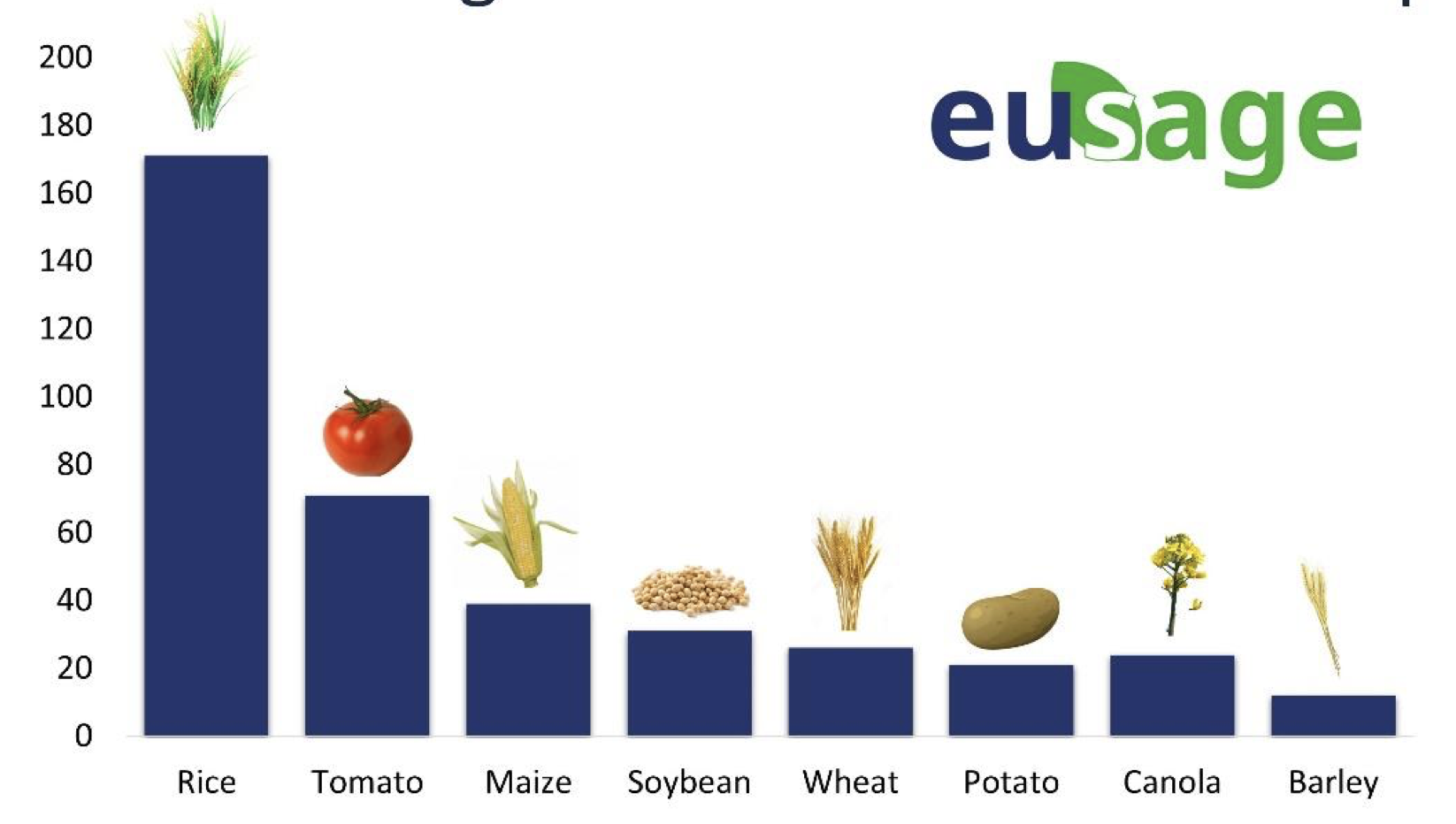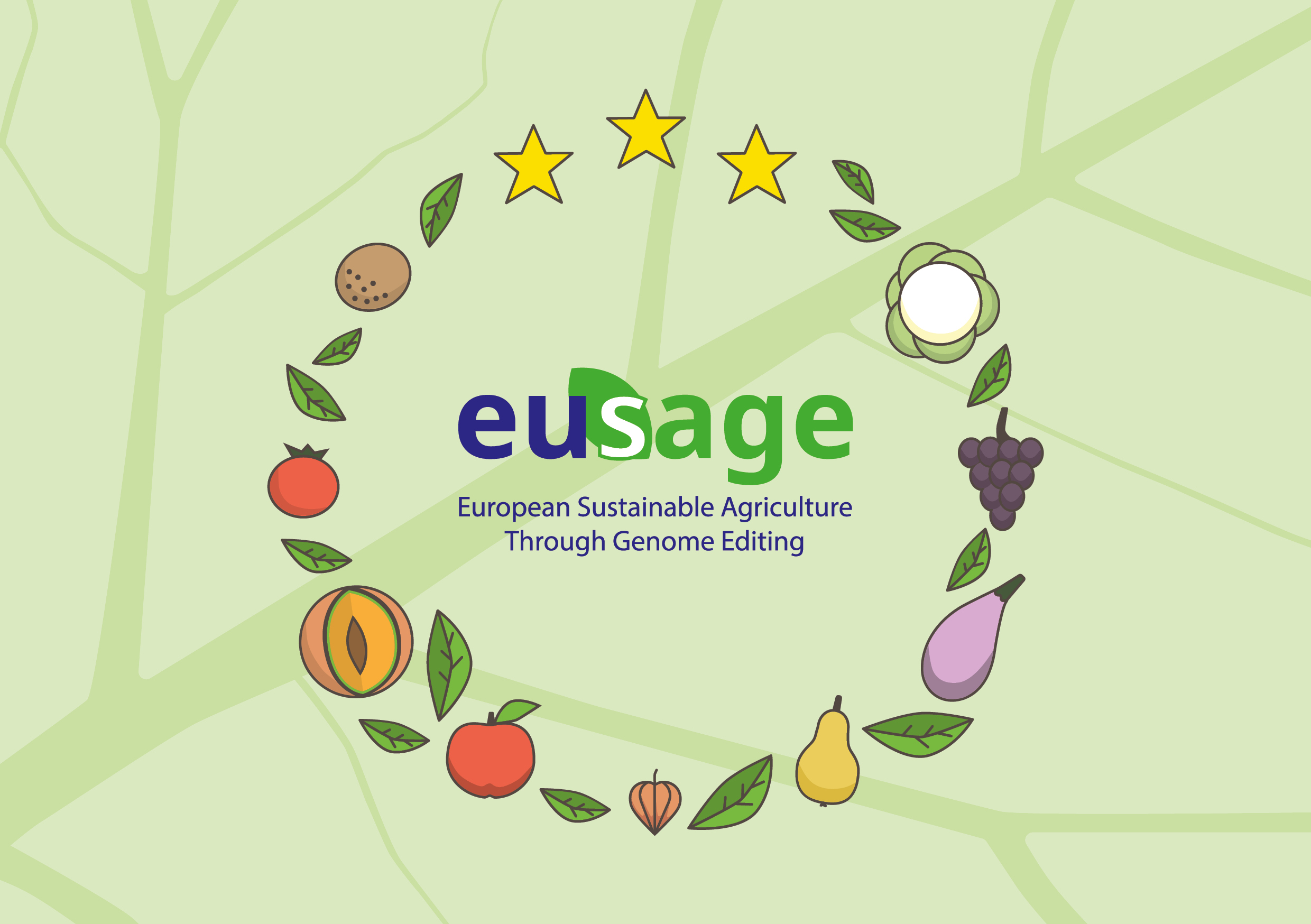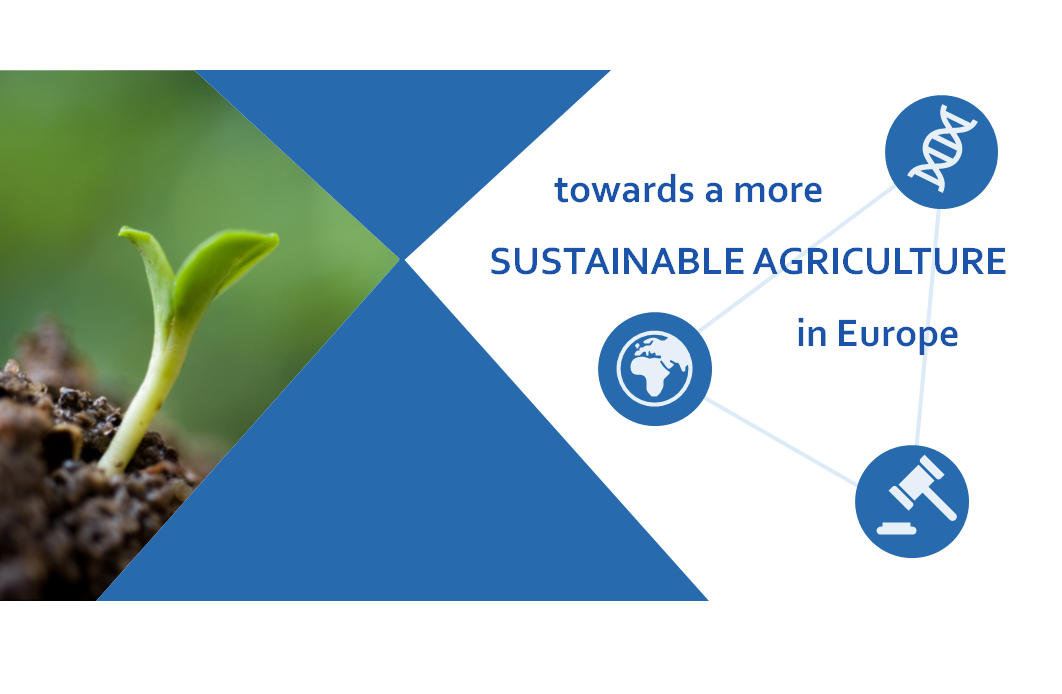EU-SAGE welcomes the European Commission's regulatory proposal for plants obtained by certain new genomic techniques and their food and feed
EU-SAGE is of the opinion that the European Commission’s regulatory proposal is an important step in creating a proportionate regulatory environmen
Read MorePress release EU-SAGE database
New breeding techniques like genome editing allow scientists to specifically adjust the plant’s own DNA, making the plants more resilient to changi
Read MorePlant Science for Climate Emergency
7-8 JUNE 2021, GHENT, BELGIUM
Climate change is one of the most serious threats humanity has ever faced.
Read MoreEU-SAGE welcomes the EC study on new genomic techniques
EU-SAGE welcomes the EC study on new genomic techniques and wants to thank the EU Council for having requested this study.
Read MoreEU-SAGE contributed to the European Commission’s study on new genomic techniques as one of the selected stakeholders
In November 2019, The Council of the European Union requested the Commission (Council Decision (EU) 2019/1904) to submit, by 30 April 2021, “a study in light of the Court of Justice’s judgment in Case C-528/16 regarding the status of novel genomic techniques under Union law” (i.e. Directive 2001/18/EC, Regulation (EC) 1829/2003, Regulation (EC) 1830/2003 and Directive 2009/41/EC).”
Read MoreOpen debate between scientists, lawyers, ethicists, politicians and policymakers brings Europe one step closer to sustainable agriculture
This new report provides a multifaceted overview of the state-of-the-art scientific evidence with respect to safety of genome-edited crops and their possible potential to provide solutions to current and future agricultural challenges. Issues related to intellectual property and traceability of genome-edited crops and how this will likely affect international trade of food and feed, are also addressed. The report explores paths to harmonise EU legislation with recent scientific developments, while particularly considering relevant ethical and societal facets.
Read More




